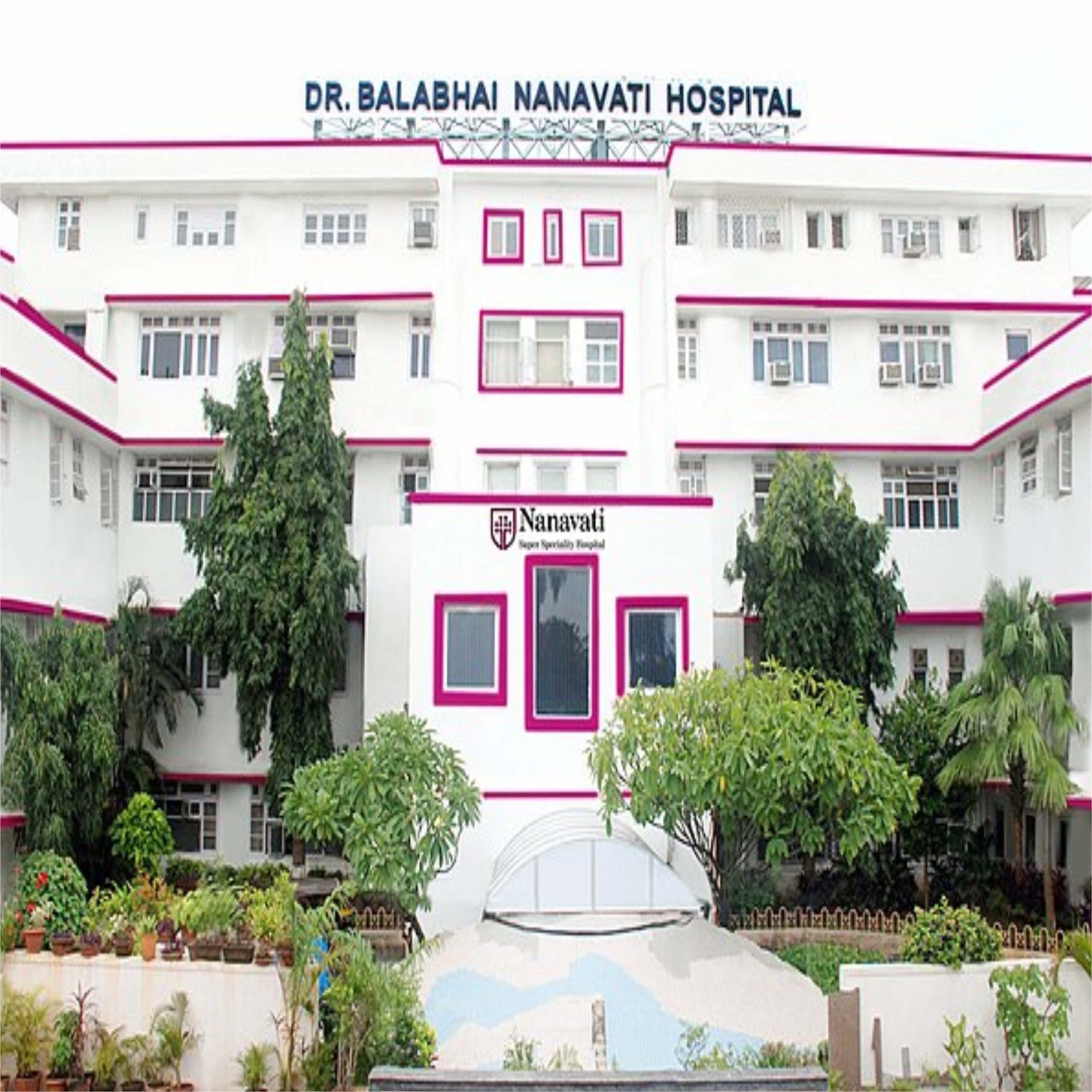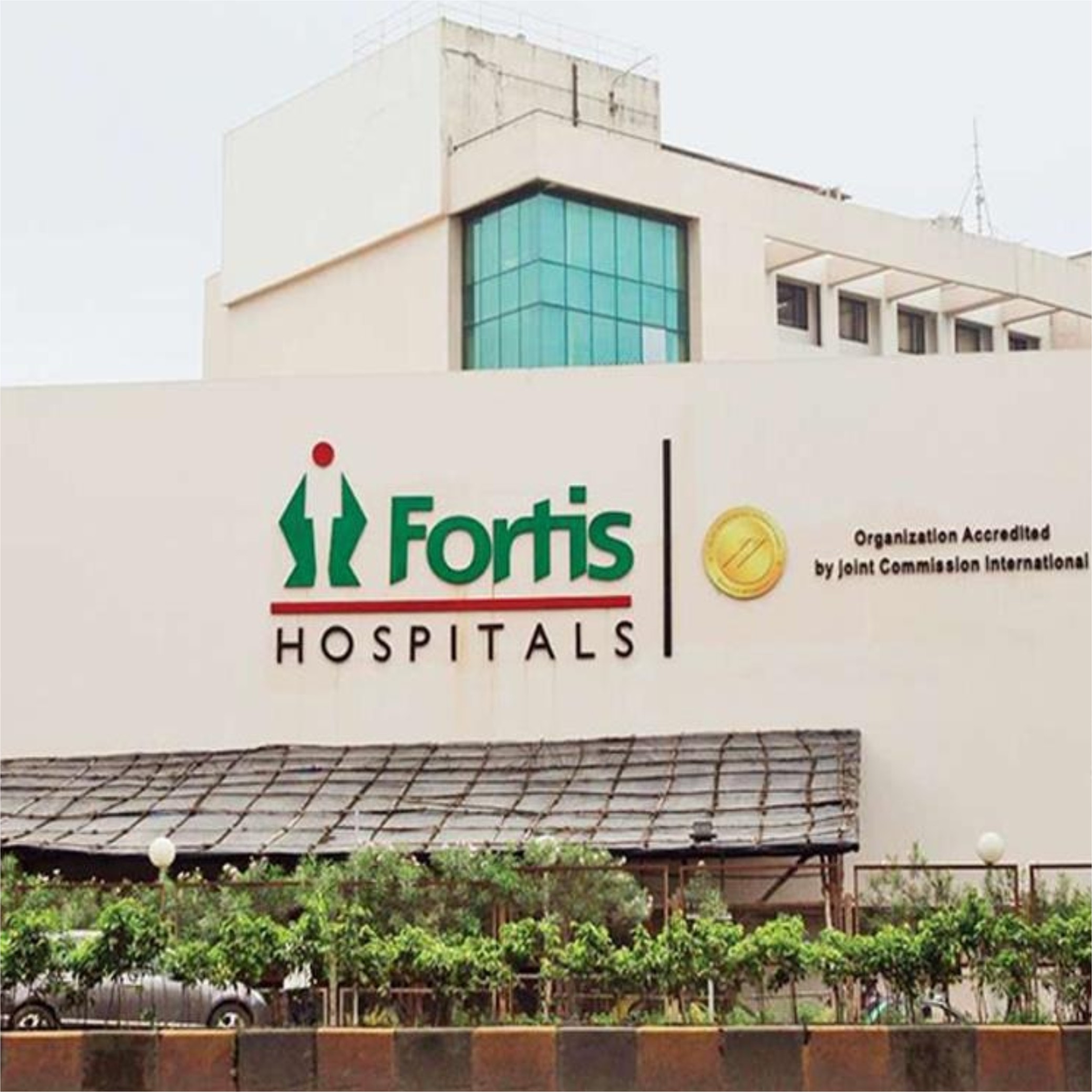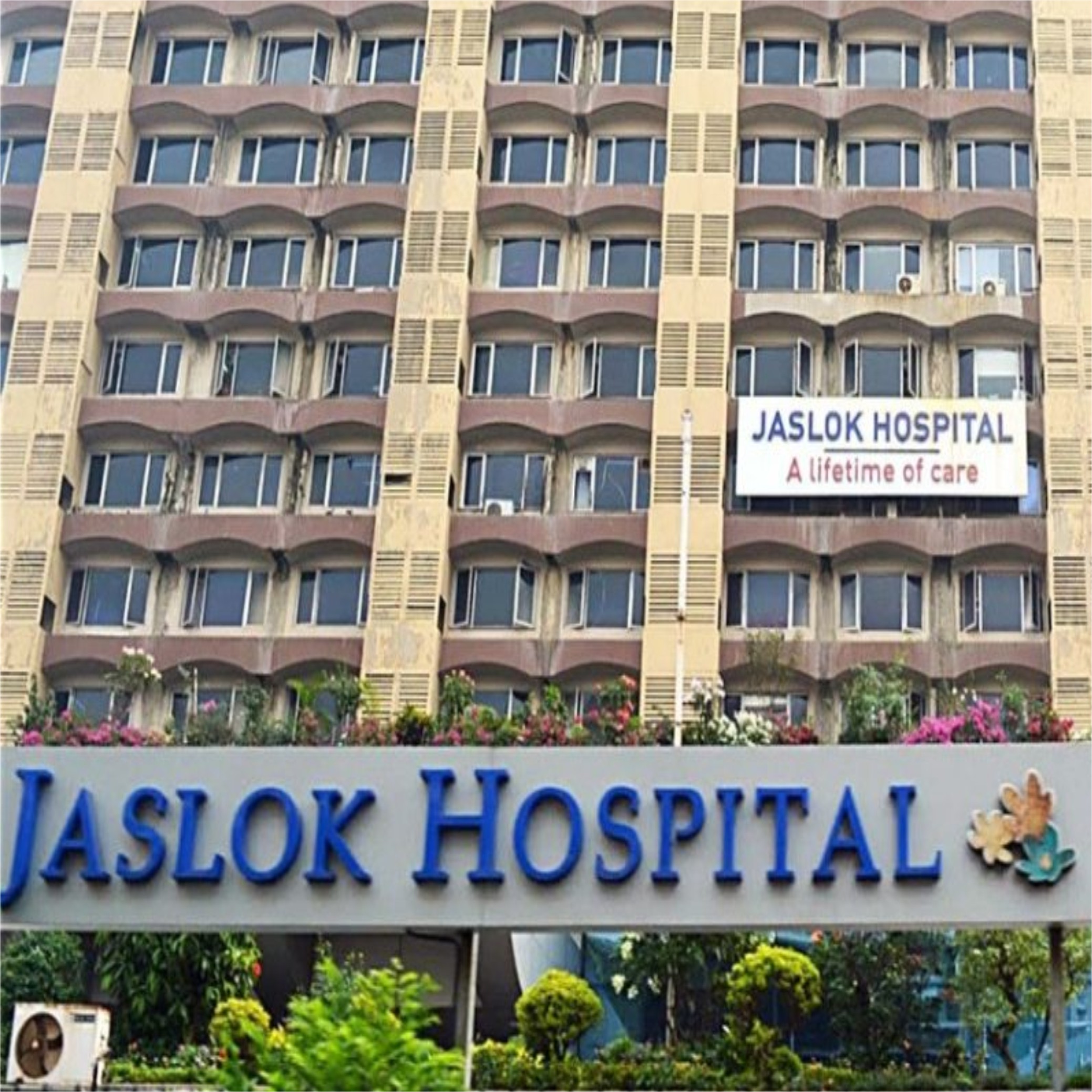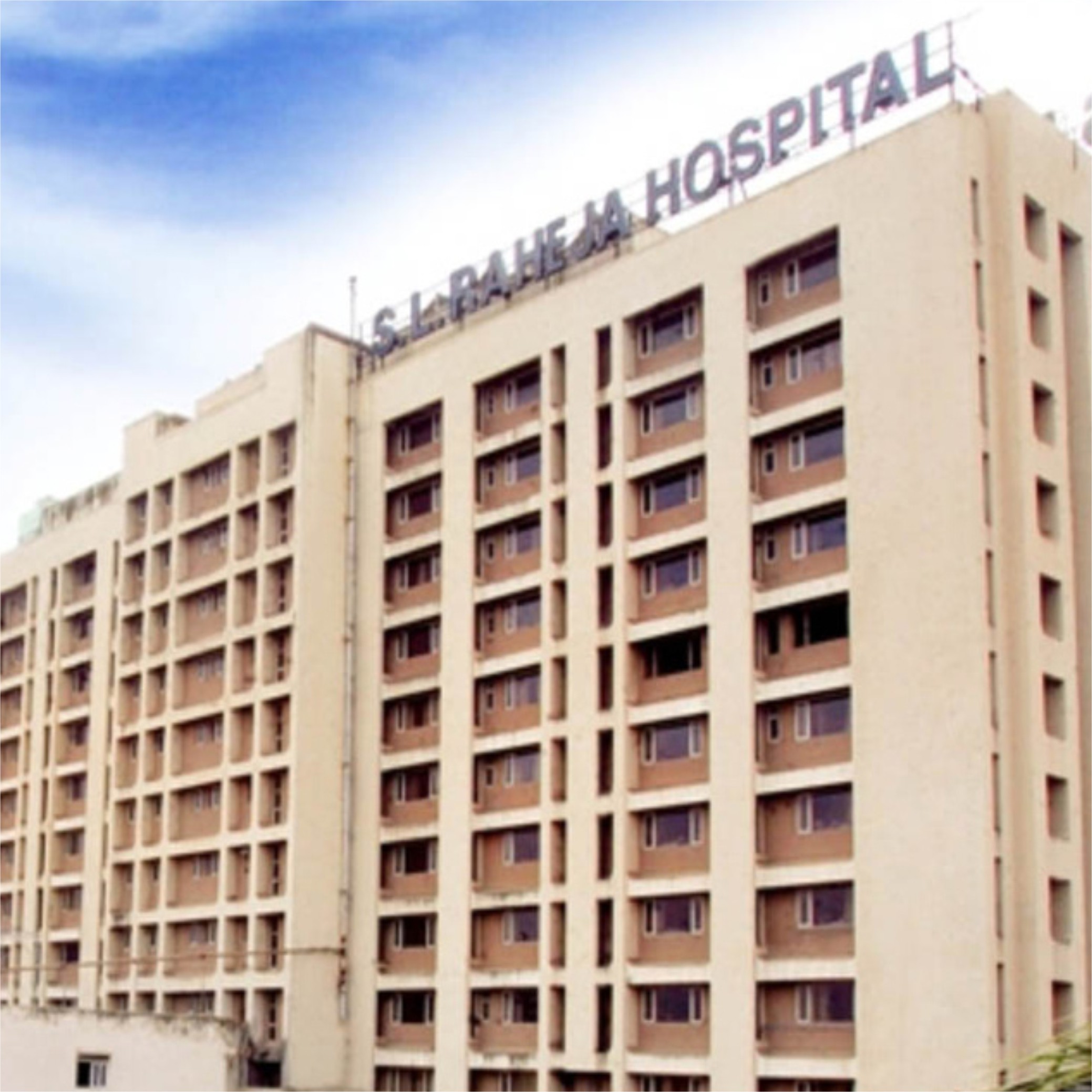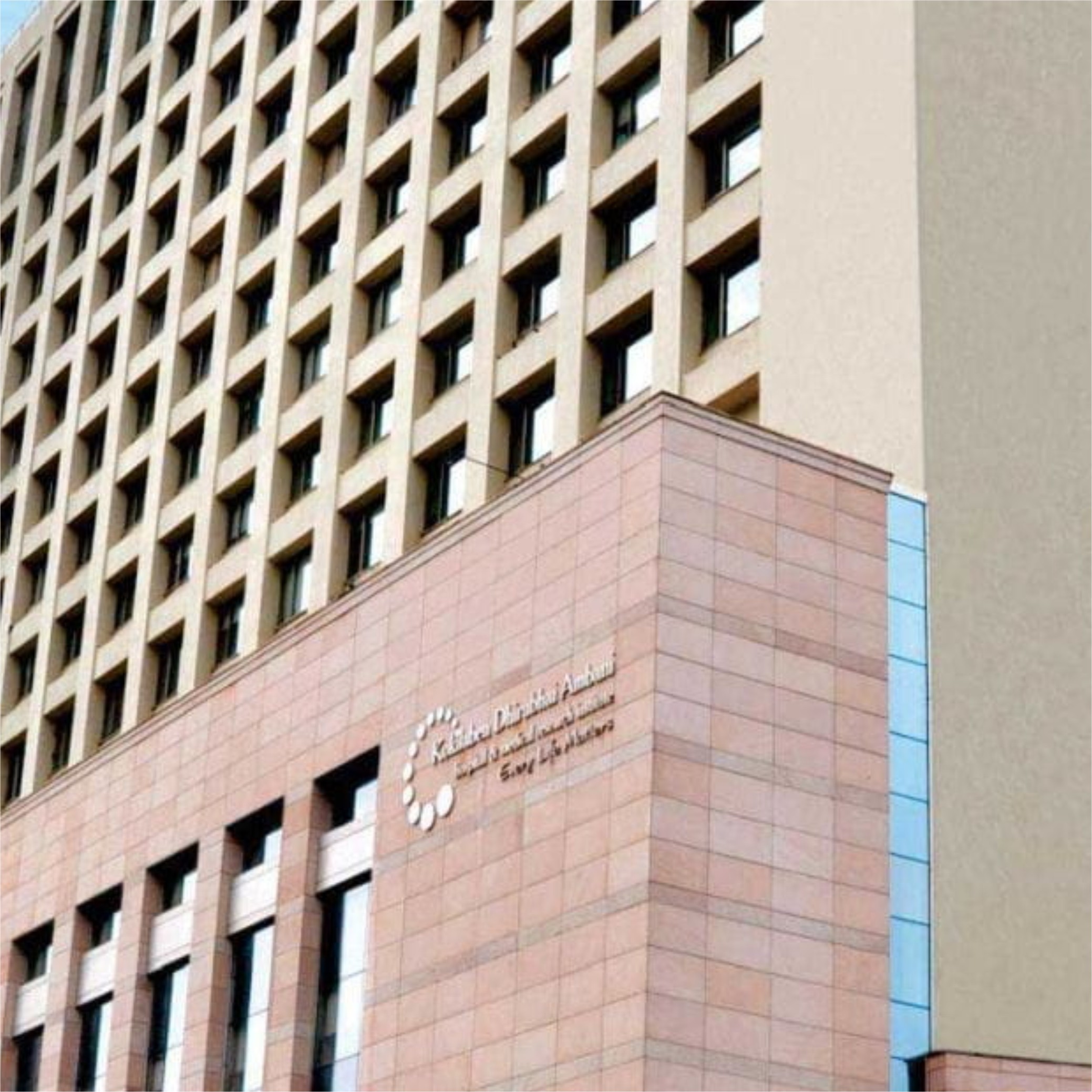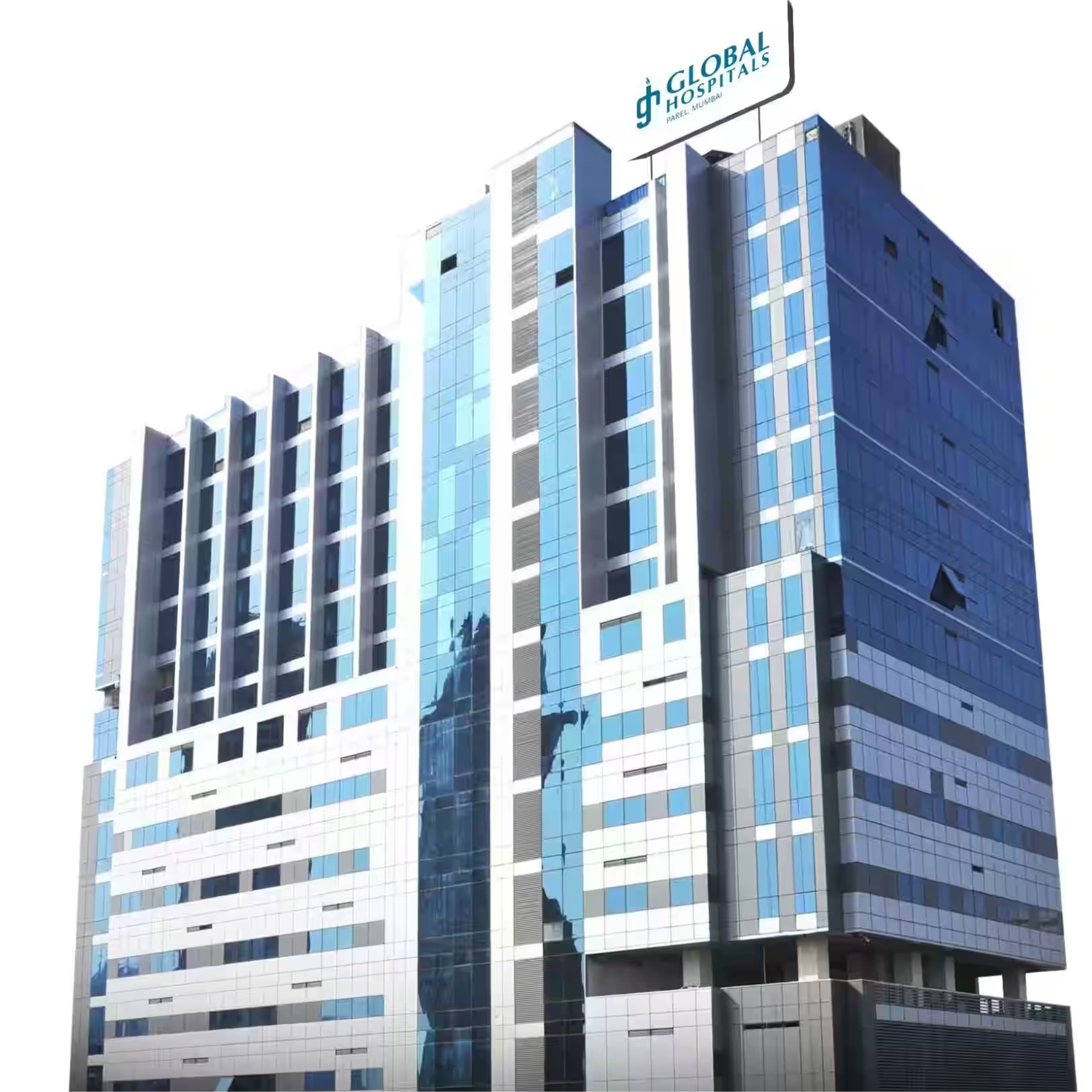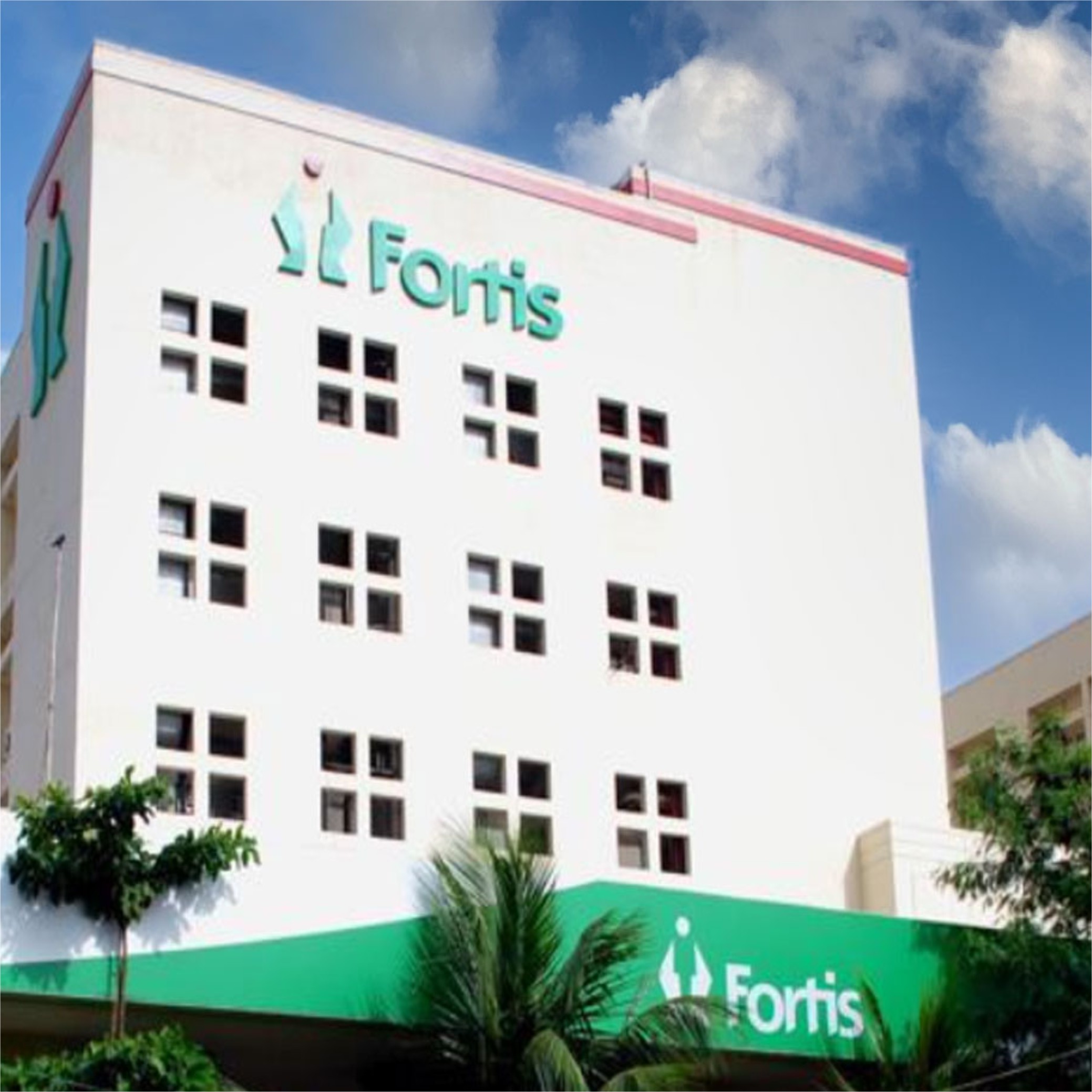Advanced Pituitary Tumor Surgery In India With The Highest Success Rates
Are you worried about the cost and surgical complications of pituitary tumor surgery?
Your anxieties and worries are obvious, as you may have many questions in your mind about the success and recovery to normalcy after the surgery.
Pituitary tumor surgery in India can help you minimize pain and complications and get the best healthcare at an affordable cost.
Let’s learn more about these surgeries and how they can help you live a healthy and happy life after pituitary tumor removal.


Key Takeaways
- If you are planning for pituitary tumor surgery, coming to India is a great idea. Coming to India means getting the best healthcare facilities within your budget.
- To understand how surgery helps in pituitary tumor you need to learn about what is a pituitary tumor and why you need the surgery.
- There are top hospitals and doctors but you need to know how to choose the best ones among them. Once you understand what to look for while choosing the hospital and doctor, you won’t have any issues finding the best.
- Learn about the success rate and cost of the procedure to make an informed decision.
What is the Pituitary Gland?
The pituitary gland is a pea-shaped gland in your brain at the base of it. This gland produces, stores, and releases the hormones in your body. In other words, it is a part of your endocrine system (tissues that make and release hormones).
This gland also tells other glands in your endocrine system to release hormones.
Despite its small size, the pituitary gland produces different hormones like:
- prolactin,
- follicular stimulating hormone,
- adrenocorticotropic hormone,
- growth hormone,
- thyroid-stimulating hormone,
- oxytocin, and
- antidiuretic hormone.

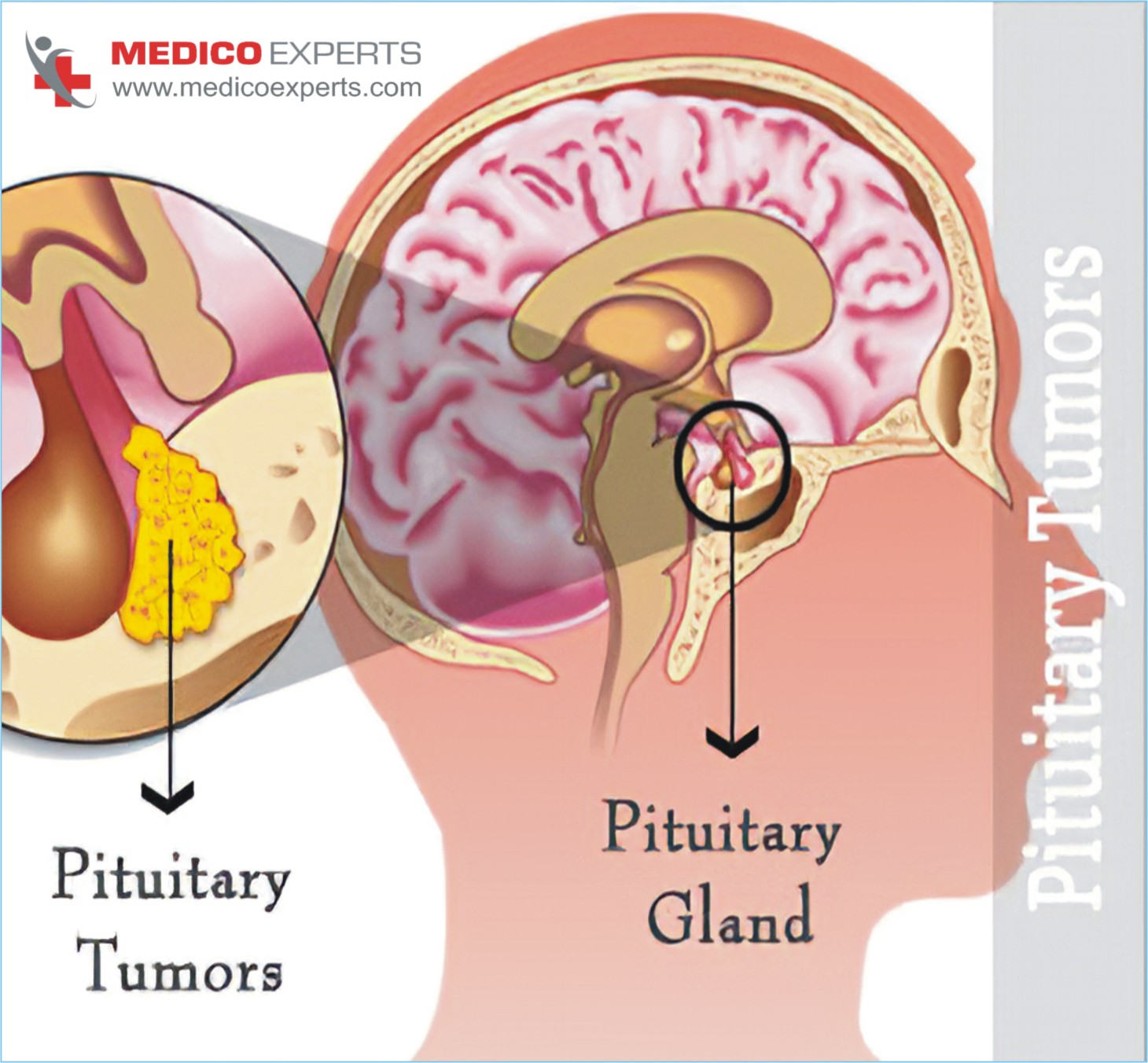
What is a Pituitary Tumor?
The pituitary gland is important for you to maintain many functions of your body including growth, reproduction, metabolism, lactation, response to trauma or stress, labor and childbirth, and water and sodium balance in your body.
A pituitary tumor means your pituitary gland has abnormal growth. Some of these growths cause this gland to produce too much of certain hormones that control important body functions.
All pituitary tumors are not cancerous. These non-cancerous tumors are called pituitary adenomas. These non-cancerous tumors grow slowly and they stay in the gland or the tissues around it. They don’t spread to other body parts.
What are the different types of Pituitary Adenomas?
There are different types of pituitary adenomas. Let’s learn about them in detail:
- Functioning adenoma: These adenomas secret hormones and depending on the type of hormone they secret they cause different types of symptoms.
- Non-functional adenoma: Non-functional adenomas don’t secret hormones. The symptoms created by them are due to the pressure their growth puts on your pituitary gland.
- Microadenomas: These tumors are smaller than 10 millimetres or 1 centimetre. They can be functioning or non-functioning.
- Macroadenomas: These tumors are larger than 10 millimeters. They are more common and can lower levels of more than one hormone than normal.
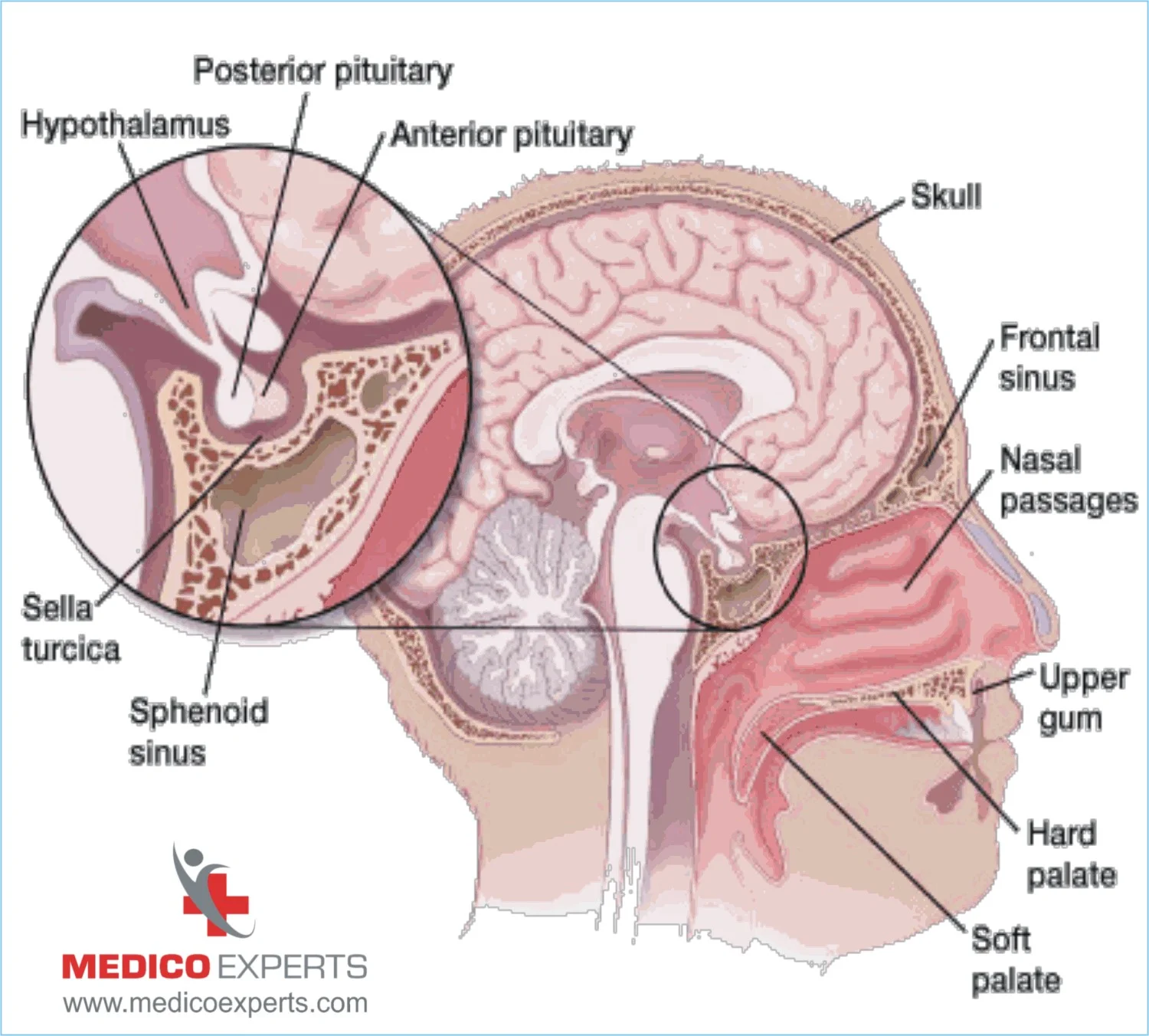
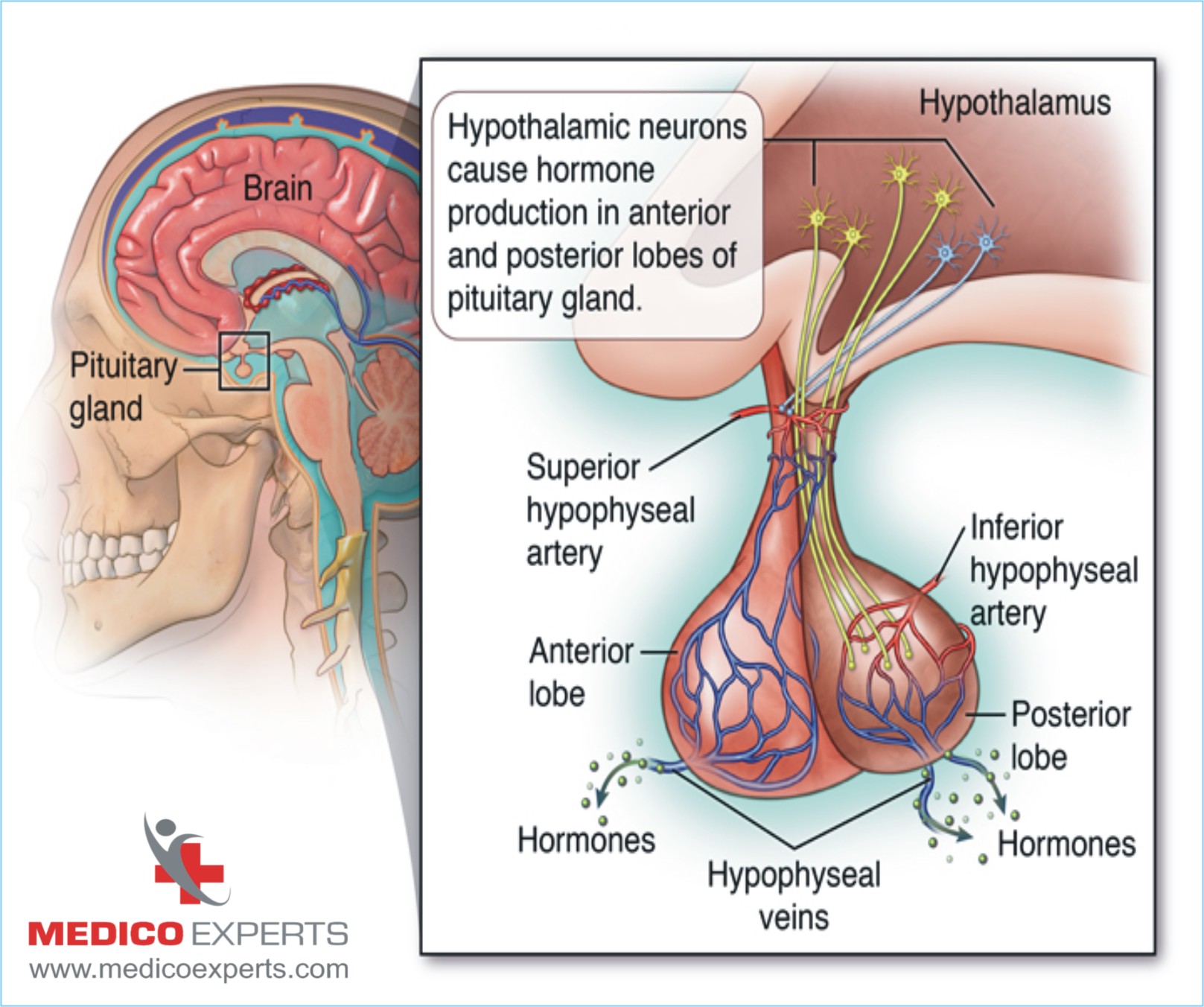
What are the causes of Pituitary Adenomas?
Experts have not found any particular cause of pituitary adenomas. However, they have found links between some adenomas and accidental changes or mutations in DNA. This genetic mutation causes the cells of your pituitary gland to grow out of control. This leads to tumors.
The children of parents with these genetic changes may have these mutations but it happens randomly.
What are the symptoms of Pituitary Adenomas?
The symptoms of pituitary adenomas can vary depending on different factors. Let’s check these symptoms in detail:
How are Pituitary Tumors diagnosed?
It is challenging to diagnose pituitary cancer because the symptoms of pituitary cancer usually resemble other health conditions. Pituitary tumors sometimes get accidentally detected during medical tests.
But if your healthcare provider suspects a pituitary tumor they may prescribe:
To detect pituitary tumors, your doctor may recommend a panel of hormone tests. Hormone testing helps your doctor to detect hypersecretory tumors.
For hyposecretory pituitary tumors, you might be required to undergo tests to detect multiple hormones like:
- thyroid-stimulating hormone (TSH),
- free T4,
- cortisol,
- follicle-stimulating hormone (FSH),
- luteinizing hormone (LH) in women, and
- total testosterone (in men).
Diagnostic Imaging plays a crucial role in detecting pituitary tumors. Your doctor may suggest you have a computerized tomography (CT) scan. The CT scan helps your doctor determine the mass effect of the tumor.
If your doctor finds that the CT scan reports are inadequate to confirm a pituitary tumor, the doctor may suggest magnetic resonance imaging (MRI).
Your doctor will remove a tissue sample with a needle for test during the biopsy. Then, they will check the collected samples under the microscope to find out cancerous cells.
What are the treatment options for Pituitary Gland Tumors in India?
The team of experts to treat you in pituitary tumors will have an endocrinologist (a specialist who treats disorders related to the endocrine system), a neurosurgeon, and a radiation therapist.
The team will work together closely to offer you an individualized patient-centric treatment.
Let’s now learn about the different treatment options:
Your doctor may suggest surgical removal of a pituitary tumor if they find out that it can cause complications. Though pituitary adenomas are non-cancerous, they may cause complications like extreme headaches, sinus infection, bleeding, hormone dysfunction, meningitis, stroke and visual disturbances.
Commonly, the doctor will suggest the type of surgery based on your location, type, and size of the tumor.
1. Endoscopic Transnasal Transsphenoidal Surgery
In this surgical procedure, doctors will use a thin tubelike instrument to remove a tumor from your pituitary gland. They insert this instrument through a cut inside your nose and then go through a bone to reach the gland. This instrument has a light and camera to see the tumor and also tools to remove them.
2. Transcranial Approach (Craniotomy)
Doctors will remove the tumor through an opening made in your skull in this procedure. In some cases, after the doctor removes the cancer with this procedure, patients are given chemotherapy or radiation therapy to kill all cancerous cells.
Doctors use X-rays or other radiation to kill cancer cells and prevent their growth in radiation therapy. let’s learn about the different types of radiation therapies.
1. Stereotactic Radiosurgery
The doctor aims the tumor with a high-dose radiation beam in this procedure. The beam is shaped in a way that matches the size and outline of the tumor. Doing so minimizes the risk of exposing the surrounding healthy tissue to radiation.
2. External Beam Radiation
In this therapy, radiation beams are given in small doses over time. The best part of this therapy is that you do not need to stay in the hospital.
3. Intensity-Modulated Radiation Therapy (IMRT)
The IMRT procedure uses a computer to help the doctor shape the radiation beam to target only your tumor and not the healthy tissues around it.
4. Proton Beam Therapy
In proton beam therapy, doctors use protons (positively charged particles) to target your tumor and lower the chances of harming the nearby tissues.
Medical Therapy benefits people with hypersecreting pituitary tumors. The doctor tries to reduce the excess secretion of the hormones with the help of medication. Sometimes medication helps to shrink certain pituitary tumors.
Certain medications are used for pituitary adenomas called prolactinomas. These tumors produce too much prolactin hormone ( a protein known for helping mammals to produce milk). These medications lower the protein secretion and shrink the tumor.
Some of these medicines may have side effects like mood swings, depression, dizziness, headache, and weakness. Some people even develop impulsive behaviour like gambling or binge eating.
What is the success rate of Pituitary Tumor Surgery in India?
The pituitary tumor surgery success rate in India is about 97%. But you should keep in mind that the success rate largely depends on the size and location of the tumor.
The success rates can be lower in the case of craniotomy compared to other surgical interventions.


What is the cost of Pituitary Tumor Surgery in India?
India offers the best quality medical services at an affordable cost.
The cost of pituitary tumor removal surgery in the country is roughly 5500 USD (4,59,000 INR) to 8000 USD (6,69,000 INR).
Endoscopic trans-nasal transsphenoidal surgery costs approximately 6000 USD (5,02,000 INR) to 7500 USD (6,27,000 USD).
Transcranial approach (craniotomy) costs around 7000 USD (5,85,000 INR) to 8000 USD (6,69,000 INR).
Radiation therapy costs is around 800 USD (66,845 INR) to 1500 USD (1,25,000 INR) per sitting.
You need to remember that the cost for pituitary tumor treatment varies for every patient depending on their overall health, treatment method involved, medication, and location of cancer.
How to choose the best Neurosurgeon for Pituitary Tumor Treatment?
You may have difficulty choosing the best neurosurgeon for pituitary tumor removal surgery. But you won’t have a problem while choosing one if you keep in mind the following points.
- Look for an experienced neurosurgeon who has a proven track record.
- Check the success rate of the doctor. You should also inquire about stats on complications, recurrence rate, and patient outcomes.
- Check whether the surgeon is board-certified and has specialized training in pituitary tumor surgery.
- Also, check the hospital where they practice and ensure it has advanced neurosurgical departments and top-notch facilities.
MedicoExperts can help you find the best neurosurgeon in India. We can help you connect with a team of top experts to treat your pituitary tumors which will include an endocrinologist, a neurosurgeon, and a radiation therapist. They will offer you a personalized treatment plan under your budget.
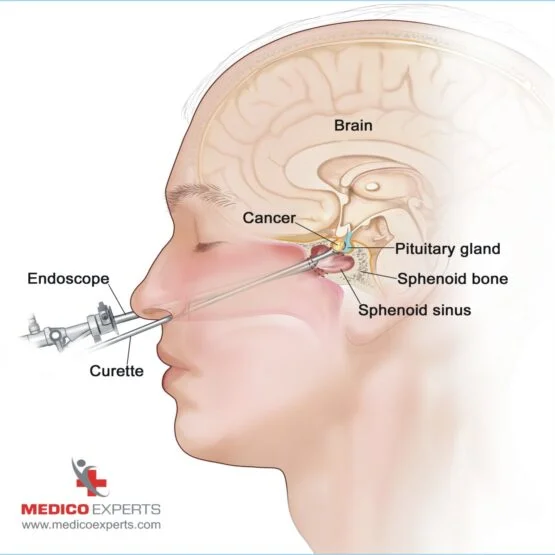

Takeaway
By choosing India for your pituitary gland tumor surgery, you will get world-class medical care, high-skilled neurosurgeons, and top-notch medical facilities. You will get top medical care at a lower cost compared to Western countries.
MedicoExperts can be your partner in your healing journey. Our team of experts will make sure that you can concentrate completely on the treatment process and get treated successfully without wasting your energy on finding a doctor, hospital, and accommodation.
Our team will look after every aspect of your journey, from visa application to post-surgery care, we will make sure that you get nothing but the best.
Frequently Asked Questions (FAQs)
Q1. I am planning to travel to India for pituitary tumor treatment. What documents should I need to carry?
If you are travelling to India, you will need the following documents:
- Fit to fly certificate for the airlines you will be travelling with
- Medical reports
- Visa application form
- Passport
- Vaccine certificate
- Doctor’s certificate
- Medical invitation letter
Apart from the following documents, you may also need to give your accommodation address at the migration counter. In that case, you can share the address of the hotel or guesthouse you have booked to stay at.
Q2. Is pituitary adenoma cancerous?
Usually, pituitary adenomas are benign or non-cancerous tumors. These tumors or adenomas are a non-cancerous overgrowth of pituitary gland cells that do not spread to other body parts.
Q3. Do all pituitary tumors cause symptoms?
There are many instances where people with pituitary tumors do not experience any symptoms. The symptoms of pituitary tumors usually begin to show because of hypo or hypersecretion of the hormones produced by the pituitary gland.
Sometimes the symptoms are caused due to the growth of the tumor which begins to exert pressure on neighboring nerves or other structures.
Q4. Is pituitary tumor a type of brain tumor?
Although the pituitary tumor develops at the base of the brain, the pituitary gland tumor is not a type of brain tumor. The brain cells are different from those of the pituitary gland cells.
Q5. What to expect after pituitary tumor surgery?
You can expect the following after your pituitary tumor surgery:
- The cut of the surgery may stay sore for about 5 days after the surgery
- You may also feel shooting pain and numbness in the area
- There can be swelling and bruises around your eyes
- When the wound starts healing, you may feel itchiness in the area
- You may also have headache and swelling
Q6. How long is pituitary tumor surgery?
The pituitary tumor removal surgery will take around three hours and after the surgery, the patient will be sent to the recovery room for another two to three hours. Most people are discharged in one or two days from the hospital.
Q7. What are the side effects of pituitary tumor surgery?
The surgery for pituitary tumors usually does not have any side effects. But in some cases, patients may experience side effects including an increase in swelling in the surgical area, colored drainage from the cut, and reddened skin in the area. If you experience any of these, you should immediately contact your doctor.
Q8. How long does it take to recover from pituitary tumor surgery?
You may need 6 weeks to fully recover from pituitary tumor surgery. The surgery cut may stay sore for 5 days after the procedure.
Q9. What are the benefits of transnasal surgery for the pituitary gland?
There are some benefits of transnasal surgery for the pituitary gland, such as:
- Lesser pain and discomfort
- No scars
- A shorter time is needed for the procedure
- Faster recovery
- Lesser time for hospital stay
- Lesser chances of complication
Q10. How to choose the best hospital for pituitary tumor surgery in India?
Check all these points while choosing the best hospital for pituitary surgery in India.
- Choose a hospital that has highly experienced neurosurgeons
- Make sure the hospital has top-notch medical facilities and medical technology
- Check whether the hospital has accreditation from a recognized health organization
- Read reviews and testimonials on the hospital
- Compare the cost with other hospitals and choose one that suits your budget
Q11. What is the survival rate of pituitary tumor surgery?
The 5-year survival rate of pituitary tumor surgery is 97%. This means most people who undergo this will survive for at least 5 years.
Best hospital for pituitary tumor treatment in India

MedicoExperts is a Global virtual hospital which is established to offer quality healthcare services at affordable pricing without compromising the success rates of the treatment.
MedicoExperts is having a network of highly experienced super specialist doctors and well equipped hospitals across the globe and offering second opinion through online video consultation and surgical interventions through its empanelled super specialist doctors at its network hospitals in 17 countries from 3 continents.
By the virtue of its approach and model, MedicoExperts is successfully achieve to deliver
- Latest and most advanced treatments with success rates of international benchmarks.
- Multiple cost options depending upon the hospital facilities, with the same doctor.
- Treatment option in multiple cities/state/countries.
- Trust and peace of mind.
Most suitable for patients who are looking for:-
- Planned Surgeries and treatment from most experienced doctors and at multiple cost options as per hospital facilities with best possible outcomes.
- Second Opinion from expert doctors.
- Complex cases involving multi specialities
- International patients looking for treatment from Indian doctors
Recommended Articles For You
- https://www.hopkinsmedicine.org/neurology-neurosurgery/specialty-areas/pituitary-center/pituitary-tumor-drug-therapy#:~:text=Medicines%20used%20to%20treat%20pituitary,and%20often%20shrink%20the%20tumor
- https://www.hopkinsmedicine.org/health/treatment-tests-and-therapies/proton-therapy#:~:text=Proton%20therapy%2C%20also%20known%20as,and%20shape%20of%20the%20tumor
- https://www.ncbi.nlm.nih.gov/pmc/articles/PMC1434586/
- https://www.cancer.org/cancer/managing-cancer/treatment-types/radiation/external-beam-radiation-therapy.html#:~:text=External%20radiation%20(or%20external%20beam,the%20body%20at%20the%20tumor
- https://www.ncbi.nlm.nih.gov/books/NBK278978/
- https://www.cancer.gov/about-cancer/treatment/types/radiation-therapy
- https://www.cancer.gov/publications/dictionaries/cancer-terms/def/adrenocorticotropic-secreting-tumor#:~:text=A%20rare%20tumor%20that%20makes,can%20lead%20to%20Cushing%20syndrome
Recommendations To Understand Different Treatments
Awake Craniotomy
Breaking barriers, awake craniotomy redefines the landscape of neurosurgery, proving that limitations are but stepping stones to greater achievements. The mere thought of…..Read More
Brain Tumor Treatment
Knowing that you are diagnosed with a brain tumor is, beyond a doubt, very shocking and scary. The news itself is a life-changing event for patients and their loved…..Read More
Medically Reviewed By MedicoExperts Editorial & Clinically Review Board On 21 August 2024









